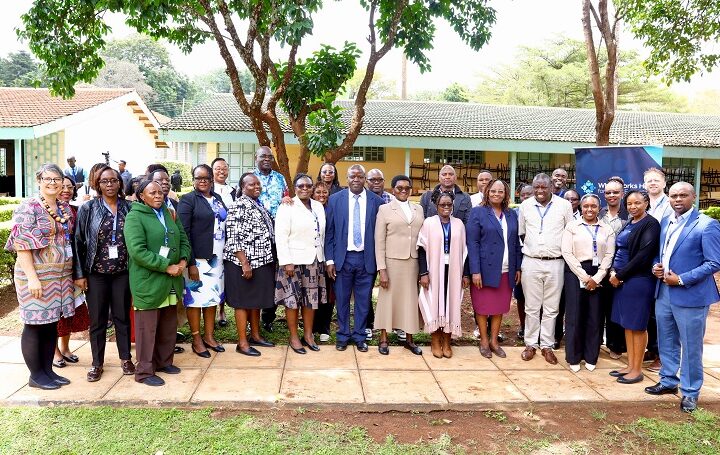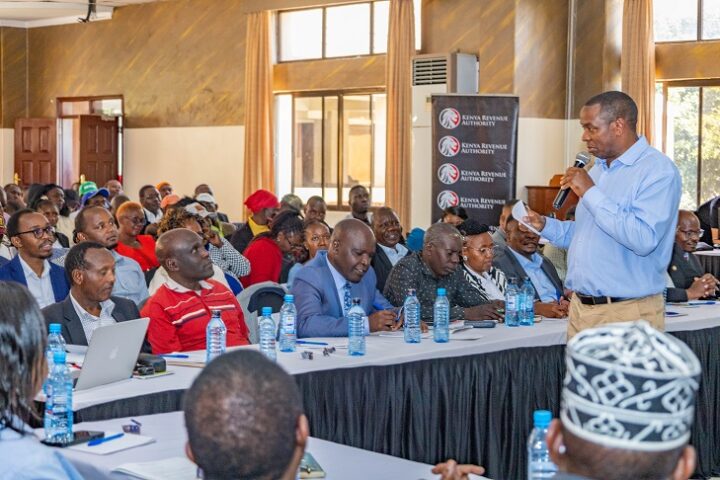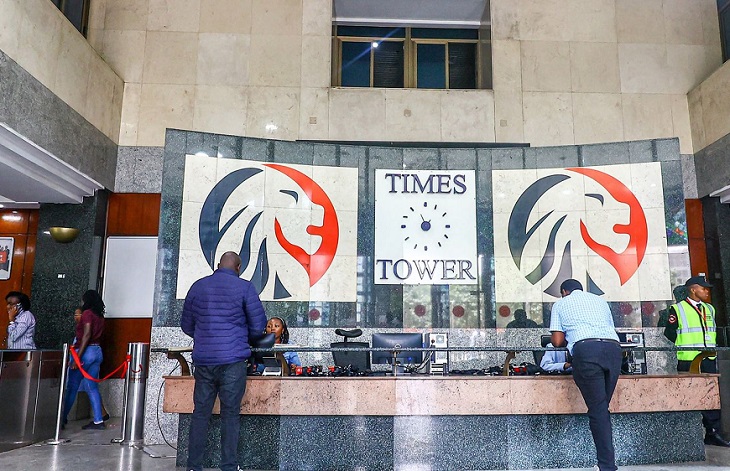Parents and school headteachers now want the government to step in and avert a looming standstill as schools reopen for the third term of the 2022 academic year.
Parents decried having to dig deeper to pay school fees after bursaries issued from the National Government-Constituency Development Fund (NG-CDF) were withdrawn. They thus wanted the funds reinstated, saying it offered them the much-needed cushion amid the biting economic times.
“The bursary our children got, regardless of how little it was, enabled our children to at least report to school as we searched for the deficit,” a parent lamented.
The Government, through the Ministry of Education, has released the 2022-2023 school fees guidelines for all secondary schools in Kenya. The new school fee structure is for all Boarding and Day schools in Kenya. The fee guidelines are for all Sub County, County, Extra County, and National Schools.
They assured parents that they will continue to offer free day schooling for learners in Day schools. These learners will only be charged lunch fees. All learners in public schools receive a government subsidy (Capitation) of KES. 22,244.00 annually.
After the covid 19 effects last year the ministry of education reduced the number of fees paid by secondary school students because of the reduced term periods.
This means that the revised fees were to be in effect until the school calendar returns to normal which is not yet the case because normalcy will be restored to the calendar in 2023.
Students in national schools and extra county schools in Nairobi, Mombasa, Kisumu, Nakuru, Eldoret, and Nyeri will pay Ksh 45,000 per year while those outside the listed areas will be paying Ksh 35,000 per year. The learners in special schools will be paying Ksh 10,860 per year. Each student will be catered for Ksh 22,244 government subsidy per year.
The caregivers protested the high school fees billing they received for the new term, adding that it was disproportionate to the length of the academic period – a result of the condensed academic calendar.
Nonetheless, they resorted to new strategies in meeting the financial obligation including entering into financial commitments with the schools. Others pleaded with headteachers and principals to accept payment in kind.
On Monday, August 8th, Chief Justice Martha Koome ruled that the Constituency Development Fund (CDF) was illegal and unconstitutional. Supreme Court found the CDF Act 2013 which allowed Members of Parliament to manage funds offended the division of the revenue and public finance law.













